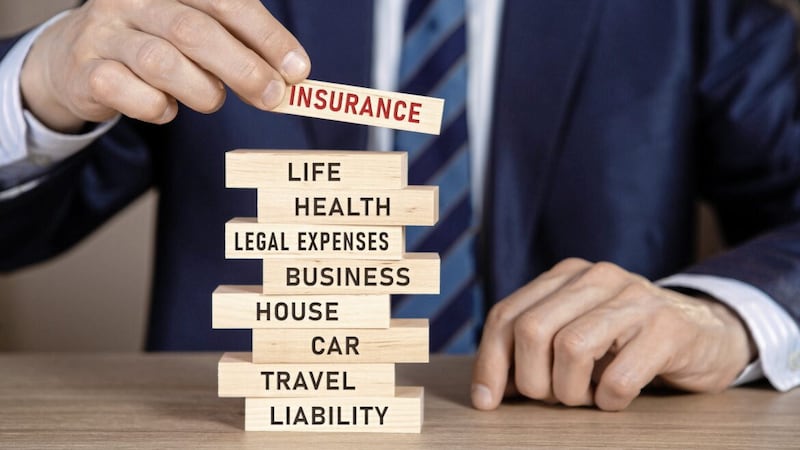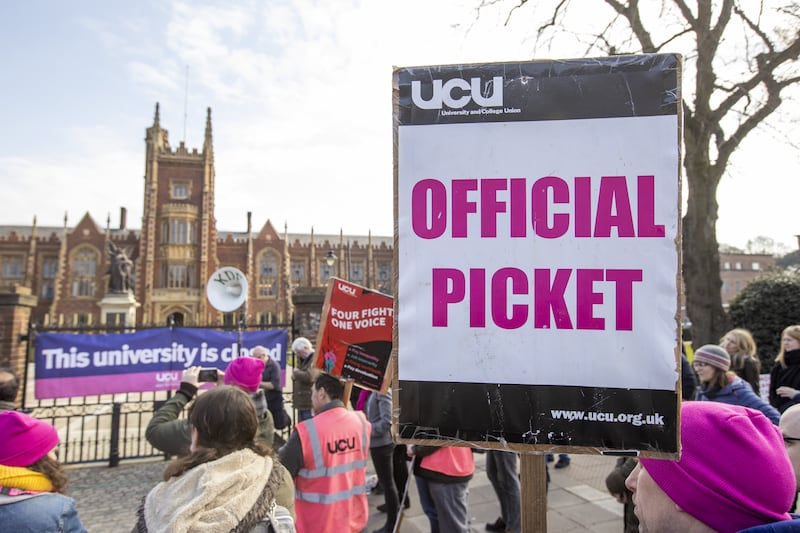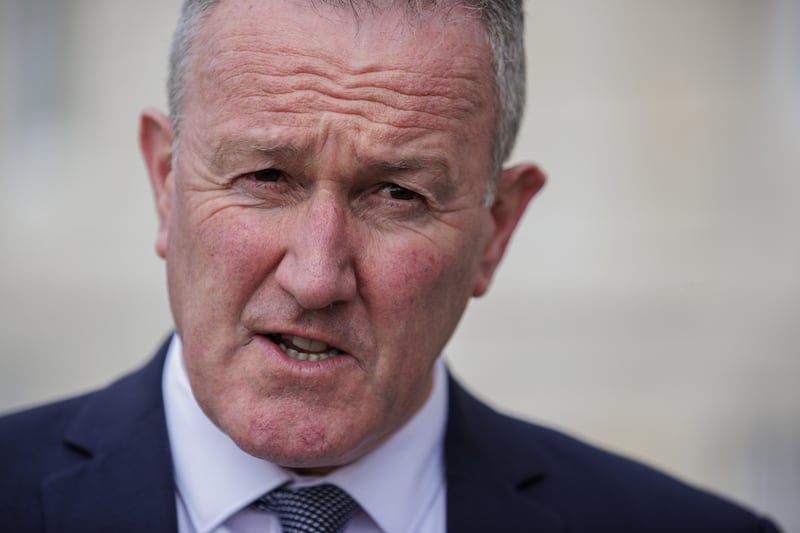FOR any business, the right insurance policy is as important as its very business plan.
Insurance policies for your specific business will not only shoulder the financial hit from accidents and corporate mishaps but in some cases, having certain insurance policies is a legal obligation.
The three most important and common insurance policies in the business world are public liability, employers’ liability and material damage insurance.
Public/Products Liability (PL)
Public Liability (PL) insurance, while not a legal obligation, is one of the most essential policies for a business to have. From a sole trader to a large-scale business, everyone should think about their exposure to any potential claims and the benefits of having this cover in place for your business.
PL covers your business against claims for injury or property damage to a third party and if your business provides a product, it is an essential policy to protect you against injury or damage caused by the products that you have manufactured or supplied to a third party.
Having this policy not only safeguards your business against external claims, but many organisations including local councils/governments, contractors and other authorities can refuse to work with a business if you don’t hold a valid PL policy in place, while some trade organisations will refuse registration.
Employers’ Liability (EL)
Employers’ Liability (EL) is not only essential for your business, but it is compulsory. As an employer, you have a legal responsibility for the health and safety of your employees while they are at work.
This policy covers you if an accident occurs from which an employee is injured or becomes ill as a consequence of work-related activity which can make you obligated to compensation payouts.
If you don’t have EL and you are operating a business that employs more than one member of staff who is not family or located abroad, you could be subject to a £2,500 fine.
The Government requires businesses to have an EL policy that must cover you for a limit of indemnity of at least £5m from an authorised insurer, but most insurers will offer a £10m limit as standard practice.
Material Damage (MD)
Material Damage insurance is an important policy to consider for any business that owns tangible assets such as buildings, contents, machinery, and stock. The physical assets of a business are essential to its operations and vulnerable to a range of perils such as fire, theft, and flood.
Material Damage insurance covers not only the buildings but also the contents inside the buildings, including fixtures and fittings, computers, desks, furniture, and stock. This makes it a comprehensive insurance policy that provides complete protection to the business's tangible assets.
Business interruption cover is an essential addition to material damage insurance. It provides protection against the loss of income that a business may experience due to an insured peril. For example, if a fire damages a business's premises and interrupts its operations, business interruption cover can help to replace the income lost during the period when the damage is being repaired. This type of coverage can be vital in ensuring the financial stability of a business in the event of an unforeseen event.
There are many other risks involved in operating a business that may not be covered by the latter policies. Evaluating all risks associated with commercial insurance policies is critical to ensuring that a business has adequate protection against unforeseen events that could impact its operations and financial stability.
A comprehensive insurance policy should cover a broad range of potential risks, including property damage, liability, business interruption, and cyber threats. By evaluating all the risks your business faces, a commercial insurance policy can be tailored to meet your specific needs and provide the most effective coverage that works for you and your turnover.
By working with an experienced insurance provider, businesses can identify and mitigate potential risks and tailor their insurance policies to meet their specific needs.
We know usiness insurance is a minefield and in today’s hard insurance market premiums are rising and coverage terms are restricted meaning you may not be getting what you think.
Excess payments are also surging and having a broker look at your business and assess its exposures — which can be anything from cyber risks to professional service mistakes — can be the difference between profit and bankruptcy at worst.
Risks are always present no matter the nature of your business, no firm is immune and in times of an economic crisis, inflation, and rising labour costs, it can be appealing to reevaluate your outgoings and overlook essentials, like insurance but the fallout of doing that can be the difference between having a business or not.
:: Conor Murphy is commercial account executive at AbbeyAutoline (https://www.abbeyautoline.co.uk/)








